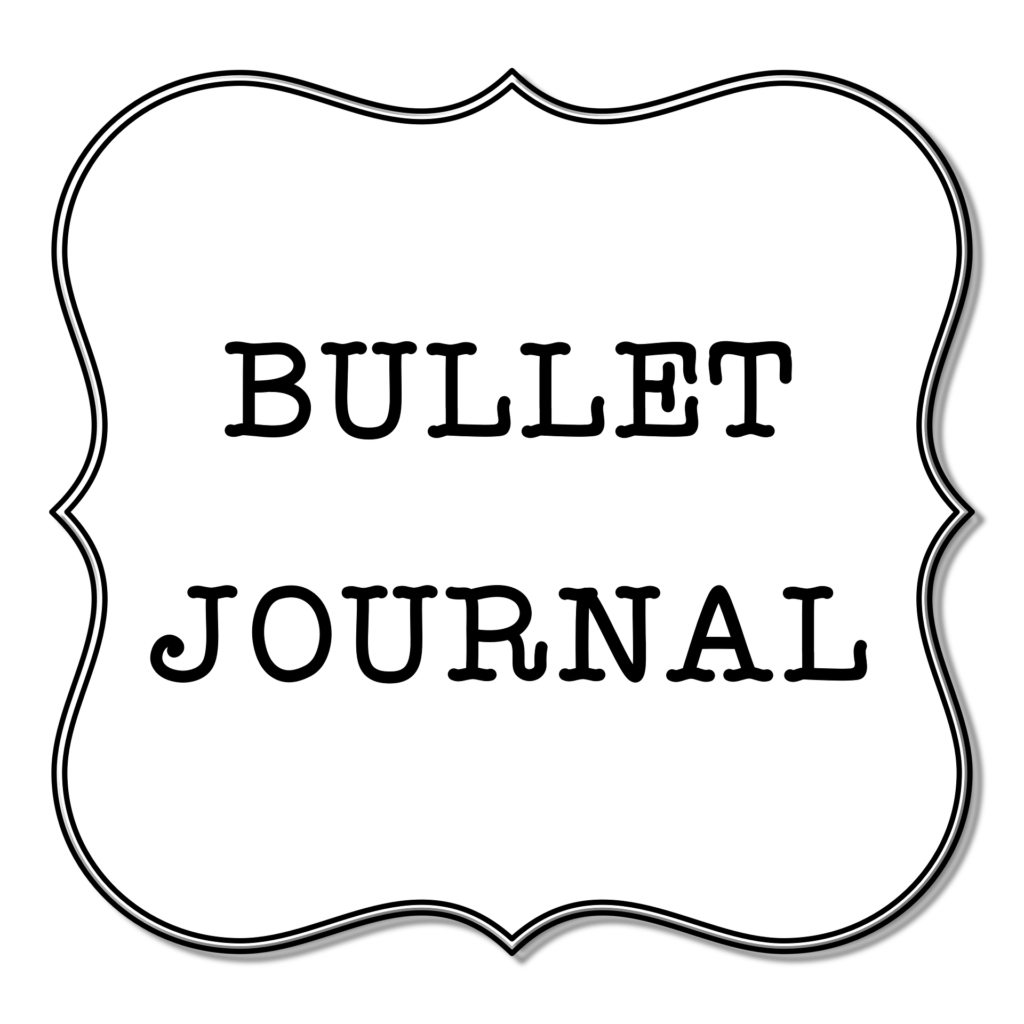As writers, we could take that last part a step further and say that a journal is kept regularly for private and business use.
There are many reasons for the average person to keep a journal, but for writers trying to build or sustain a business, it is especially important.
Whether or not you think you’ll ever win an American literature award, you can actually leave your mark on this world by keeping a journal.
Read on for 10 ways you can use your journal to manage your life and build your business at the same time.
 1. Keeping a journal has great mental health benefits.
1. Keeping a journal has great mental health benefits.
Your journal can serve as a place where you can have private conversations with yourself to exorcise your demons (those doubts and fears that at times plague us all).
2. It can help you remember as well as track your successes big and small.
During any class you take on writing, one of the first things they will instruct you to do is to begin tracking your successes no matter the size.
3. A place to express gratitude.
Writing down and remembering all of those wins tends to keep you grounded.
Gratitude is important because it helps keep you humble.
4. It can help you organize the steps to completing the current project you’re working on.
Allow your journal to serve as a work board of sorts for your projects.
5. It can help you narrow your focus for your article or novel.
Whenever you find yourself struggling for that perfect (or near perfect) angle for an article you’re working on or you’re stuck in the middle of your next great “American Novel”, take some time with your journal and brainstorm ideas about what direction you want your article or novel to take.
6. If you’re new to freelance writing, your journal can help you define your niche.
Beginning writers are often told to decide on one or two areas they want to focus on.
There are a lot of web-based tools that will help you figure out what your area of specialty might be.
But none like your journal.
Use it to answer the myriad questions that are designed to help you identify your top areas of expertise for your writing.
7. It can help you organize your life – both business and personal.
It’s been said many times, but writers have lives that don’t always have anything to do with writing.
Most of us have families to care for.
Neighbors to assist.
As well as other obligations that call our attention away from writing.
Jotting down little tasks that need to be accomplished will help make sure we don’t drop any of the many balls, personal and professional, we seem to be juggling at any given time.
Your journal can help you track your business while in the midst of taking care of personal matters.
8. Your journal can help you work through any issues you have or may have with clients.
Inevitably, there are going to be times when you and a client disagree on how a project should be handled.
You’re the expert, but the project ultimately belongs to the client.
Work out your issues for yourself in your journal so that you can maintain your professional standards.
9. Use your journal to capture snippets of conversations.
As writers, we often eavesdrop on conversations that are happening around us…. The little elderly couple sharing a tender moment in a restaurant, or the young couple having a huge argument on the street corner.
All of these become fodder for your writing arsenal.
Also capture as much detail about the individuals as possible.
These tidbits can help you develop characters and develop dialogue for those characters.
10. It can serve as a place where you jot down those thoughts and ideas that come to you in the middle of the night.
All of us, at one time or another, have turned over and had a thought that would make a good idea for a story.
Or we’ve worked out the ending to the fifth chapter of our novel, while we were asleep.
Often, we tell ourselves that we’ll remember those thoughts or ideas when morning comes and we’ll jot them down then.
Unfortunately, more often than not, those thoughts and ideas evaporate as soon as we open our eyes.
With your journal by your bedside, you’ll never have to worry about securing those fleeting thoughts again.
There are many reasons why keeping a journal is important to the average Joe or Jane.
But, for a writer intent on building a successful freelance practice, keeping a journal is ever more important.
It keeps you grounded, sane and on track as you record your experiences or the experiences of others; your ideas and your reflections.
About Patricia Bumpass
Patricia (Pat) Bumpass (www.patriciabumpass.com) is a North Carolina-based freelance writer. Pat enjoys writing and has journaled since she was a teenager. She lives with her son who is blessed with Autism.
Don’t forget to join our mailing list.
Just fill in your name and email address, below:







